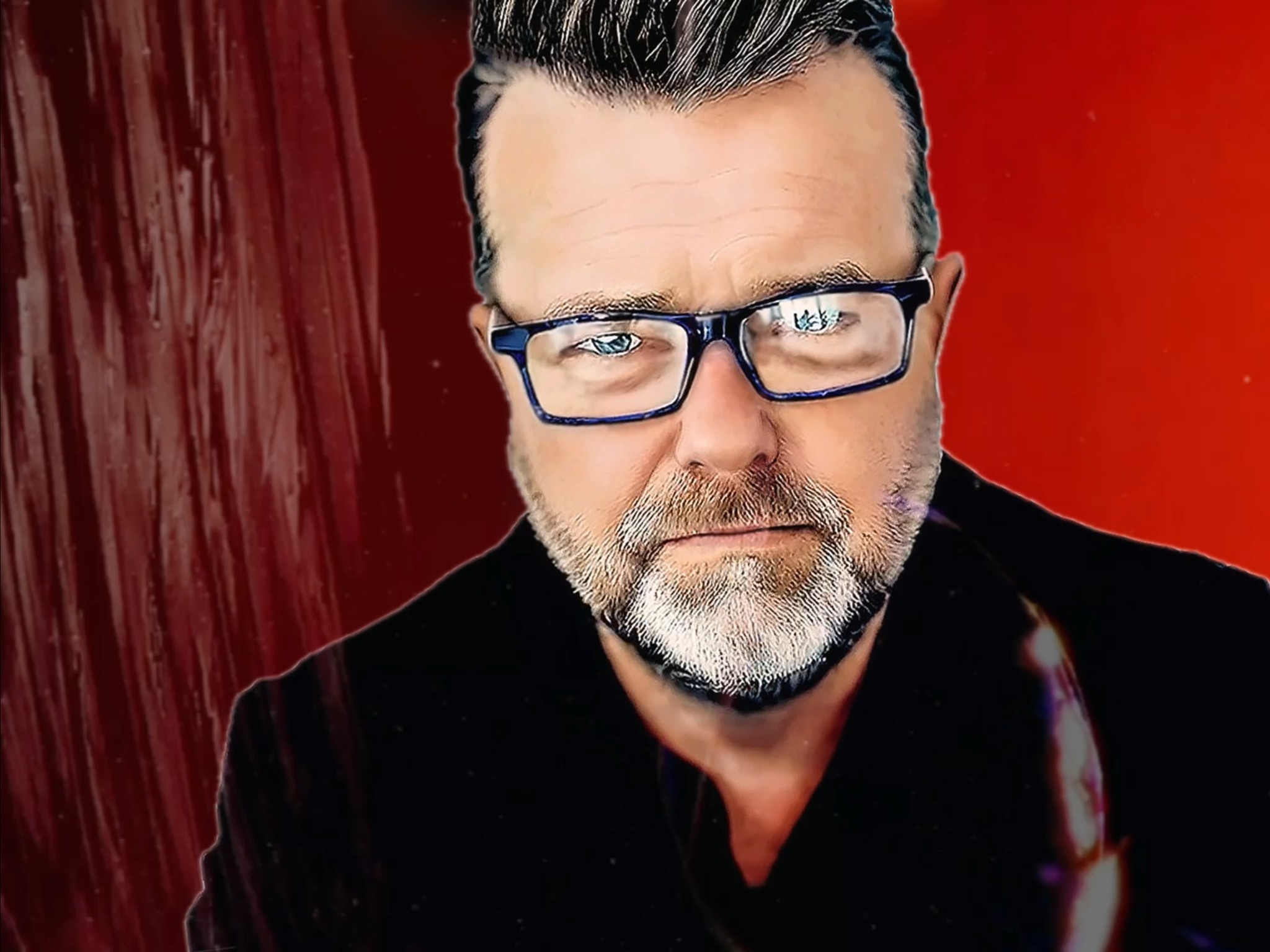Couples therapy isn’t just for relationships in crisis. In fact, seeking help before issues become overwhelming can improve relationship satisfaction and communication. Just like going to the doctor for a checkup, therapy can help you and your partner address challenges early on. Here are some common signs that might indicate it’s time to consider professional support.
1. Communication Feels Difficult
Keyword Target: relationship communication issues, improve relationship communication
Communication is the foundation of any healthy relationship. While it’s normal to have disagreements, consistently feeling unheard or misunderstood can lead to frustration and emotional distance. If everyday conversations seem to end in conflict or confusion, therapy can help you and your partner build effective communication skills, creating a stronger foundation.
2. Trust Feels Unsteady
Keyword Target: trust issues in relationships, rebuilding trust
Trust is essential in a relationship, and it doesn’t only mean avoiding infidelity. Trust issues can arise from jealousy, insecurity, or unresolved past experiences. If you or your partner often question each other’s intentions or feel uneasy, therapy can address these feelings. A therapist can help unpack insecurities and rebuild trust to create a safe, stable bond.
3. Recurring Arguments with No Resolution
Keyword Target: recurring arguments in relationships, conflict resolution for couples
Do you find yourselves arguing about the same topics repeatedly, like finances or family dynamics? This is a common sign that certain issues aren’t fully addressed. Therapy provides a structured space to get to the root of recurring conflicts and helps couples understand each other’s perspectives, leading to meaningful resolution and reducing tension.
4. Emotional Distance
Keyword Target: emotional distance in relationships, building emotional intimacy
Emotional connection is as vital as physical attraction. If you feel a growing emotional distance, it may indicate deeper issues. Sometimes, this distance can stem from unresolved conflicts or personal challenges. Therapy can help you identify the underlying causes, allowing you to reconnect on a deeper level and foster a renewed sense of closeness.
5. Physical Intimacy Has Faded
Keyword Target: relationship intimacy issues, restoring physical intimacy
Physical intimacy is a reflection of emotional health. When physical connection diminishes, it can often signal that there are unaddressed issues. Whether it’s due to stress, differing needs, or emotional barriers, therapy provides a safe space to talk about intimacy. Addressing these concerns with a therapist can help strengthen your bond.
6. Facing Major Life Changes
Keyword Target: relationship stress from life changes, navigating life transitions as a couple
Big life changes—like moving, starting a family, or career shifts—can disrupt even the most stable relationships. These transitions can create new stressors and amplify existing conflicts. Couples therapy can offer strategies to navigate these changes together, keeping your relationship strong as you adapt to new roles and responsibilities.
7. Different Life Goals or Values
Keyword Target: relationship differences, handling differing goals in a relationship
Differences in life goals can put a strain on relationships, whether it’s differing views on marriage, children, or lifestyle. Couples therapy can provide a neutral space to explore these differences, find common ground, and determine whether compromises can be made. Working through these conversations with a professional can lead to a stronger understanding of each other’s values.
Final Thoughts
If any of these signs resonate with you, couples therapy can be a proactive step toward a healthier, happier relationship. Remember, you don’t have to wait until things reach a breaking point to seek help. Therapy can help you build stronger communication, resolve conflicts, and deepen your connection.









